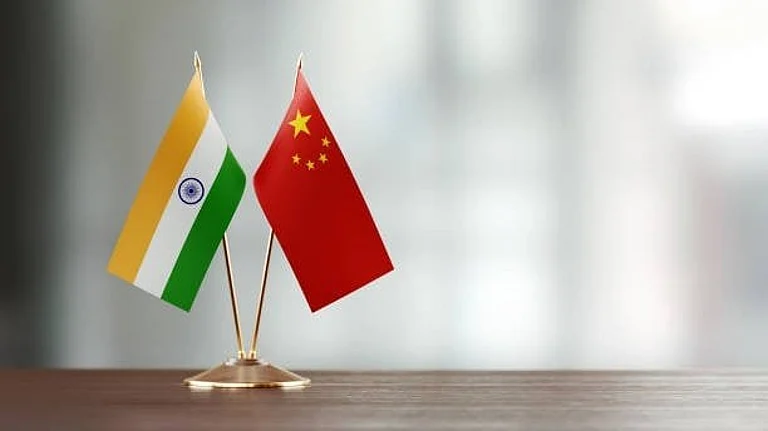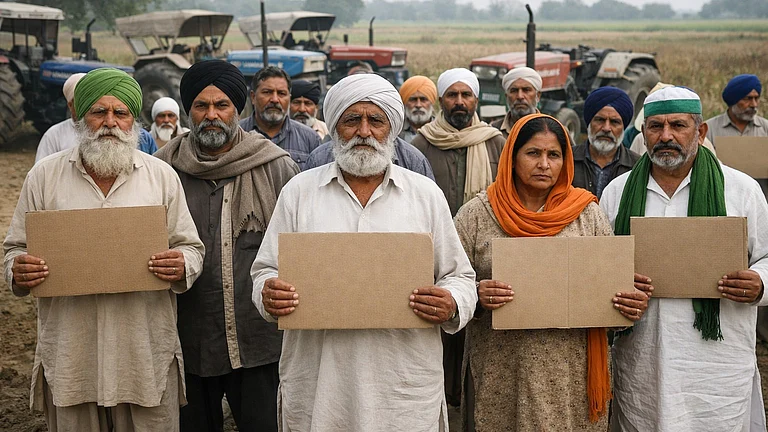Koo, a homegrown microblogging network and India’s answer to Twitter, has caught the fancy of the Indian user with the platform touching 20 million downloads by the end of 2021. Born amidst cries of 'vocal for local' and 'make in India when the pandemic struck two years ago, the platform expects to surpass Twitter's 25 million-strong user base in India this year.
Founded by Aprameya Radhakrishna and Mayank Bidawatka, one of the biggest USPs of Koo is that it allows its users to communicate in ten languages: Hindi, Marathi, Kannada, Tamil, Telugu, Assamese, Gujarati, Punjabi, Bengali, and English.
Koo came at a time when established big tech players such as Twitter and Facebook were facing flak globally over data privacy and manipulative content. But Radhakrishna says that it wasn’t his intention to promote Koo as an alternative to Twitter, rather it was the overall mood in the country and the world that worked in Koo’s favour.
The platform’s popularity grew amid the central government's spat with Twitter over new IT rules aimed at regulating content on social media firms. The Centre asked the platform to block allegedly incendiary accounts -- Twitter complied initially and then restored them, citing "insufficient justification". The tiff continued as the government threatened legal action against the company's employees in India.
Twitter had also refused to block accounts the government had flagged for spreading misinformation during the farmers' protest.
IT Minister Ravi Shankar Prasad accused Twitter of bias and said it was labelling some content as manipulated media, “only when it suits its likes and dislikes”. This led to several Bharatiya Janata Party (BJP) leaders migrate to Koo. Later on, several sportspersons, actors and influencers joined the platform.
It only worked in Koo's favour as the app saw a massive endorsement from politicians and government departments resulting in more users coming on board and more downloads -- the platform gained over 10 million users in India last year.
"Everything coming together is something you can't plan out, when it happens, it happens so being at the right place and at the right time is serendipity," Radhakrishna says.
The idea for the app struck the founders after a user on their knowledge-sharing platform Vokal asked ‘why can't we express ourselves in our native language?’
"That got us thinking that people express their views freely on Twitter and Instagram but it's mostly in English and those who don't know the language find it tough to do so. Hence, working on an India-first approach made sense, and that's how we put out our first version of the app, with localisation as our key focus," he said.
He also explained why English was not a language option on Koo till 2020 -- around the time when Donald Trump was banned from Twitter.
"If Trump can be banned from social media, then anybody can be. That's when we thought Koo should be available in English as well along with other local Indian languages," Radhakrishna said.
He is confident that Koo will surpass Twitter as only ‘one or two per cent of India is connected to each other there’.
"Our focus is to go deeper in India, so the overlap with Twitter is minimal; 95 per cent of users who are on Koo are there exclusively. There are several young Bollywood stars, spiritual and political leaders, and cricketers on Koo with whom people connect within their local language," he said.
Nearly 65 per cent of users on Koo are from tier-2 and 3 cities.
In comparison with Twitter, Radhakrishna said that both the platforms were at different stages of growth and so their priorities were different. “We are at an early stage and are focusing on language, but Twitter is a decade-and-a-half-year-old company which is now focusing on profitability,” he said.
The founders are not in a hurry to go aggressive on Koo’s global expansion even though the platform is also available in Nigeria. They first want to make Koo the "first choice" and the largest social media network in India and then take it to other countries.
While hate speech and manipulative content have been a concern and while most social media platforms have been struggling to combat/control it, Koo plans to keep it transparent and without any opinion of its own.
"We have a big advantage of being in a huge country; living in India, knowing the nuances of how things are to be handled here is a big plus point for us. We can actually avoid the mistakes made by other social media platforms," he said and added, “People should know there are consequences of abusing people online as well, that is important and well will follow it and technology will help us in that.”
Koo was among the few social networking players to have complied with the new IT rules announced last year. In January this year, Koo said it had adopted a 'Voluntary Code of Ethics' to safeguard content related to Assembly elections held in five states. It also issued an advisory to curb the spread of misinformation and fake news. The app has content moderation policies in place to block accounts or any offensive content.
"We have a gamut of community guidelines for issues including hate speech, pornography, the modesty of women, child abuse, etc. Since we are enabling local language expression, it is important for us to understand what is being said in these languages so we are building a library of words and phrases. We are going open source, we are working with CIIL and are happy to work with others so as to help other platforms also to make the internet a better place," he said.
He assured that user data on Koo was “extremely safe" as data protection was critical for both private and public networks.
“We haven't yet started monetising, although there are various ways to do that, we want to make sure that creators are at the centre of monetization,” he said.































